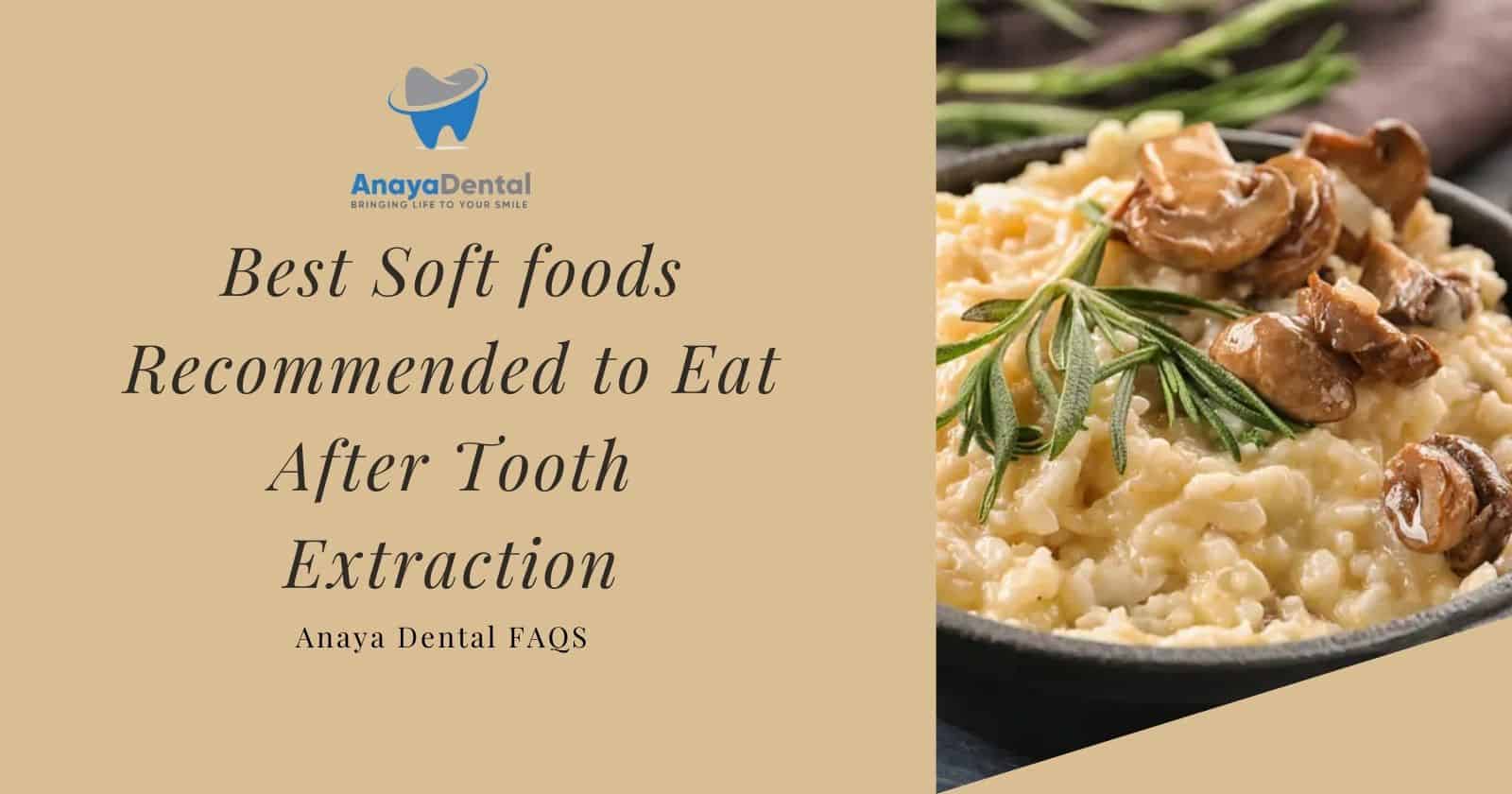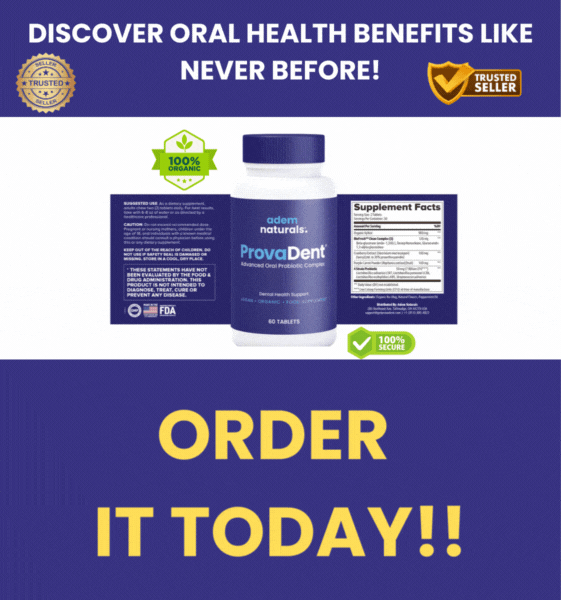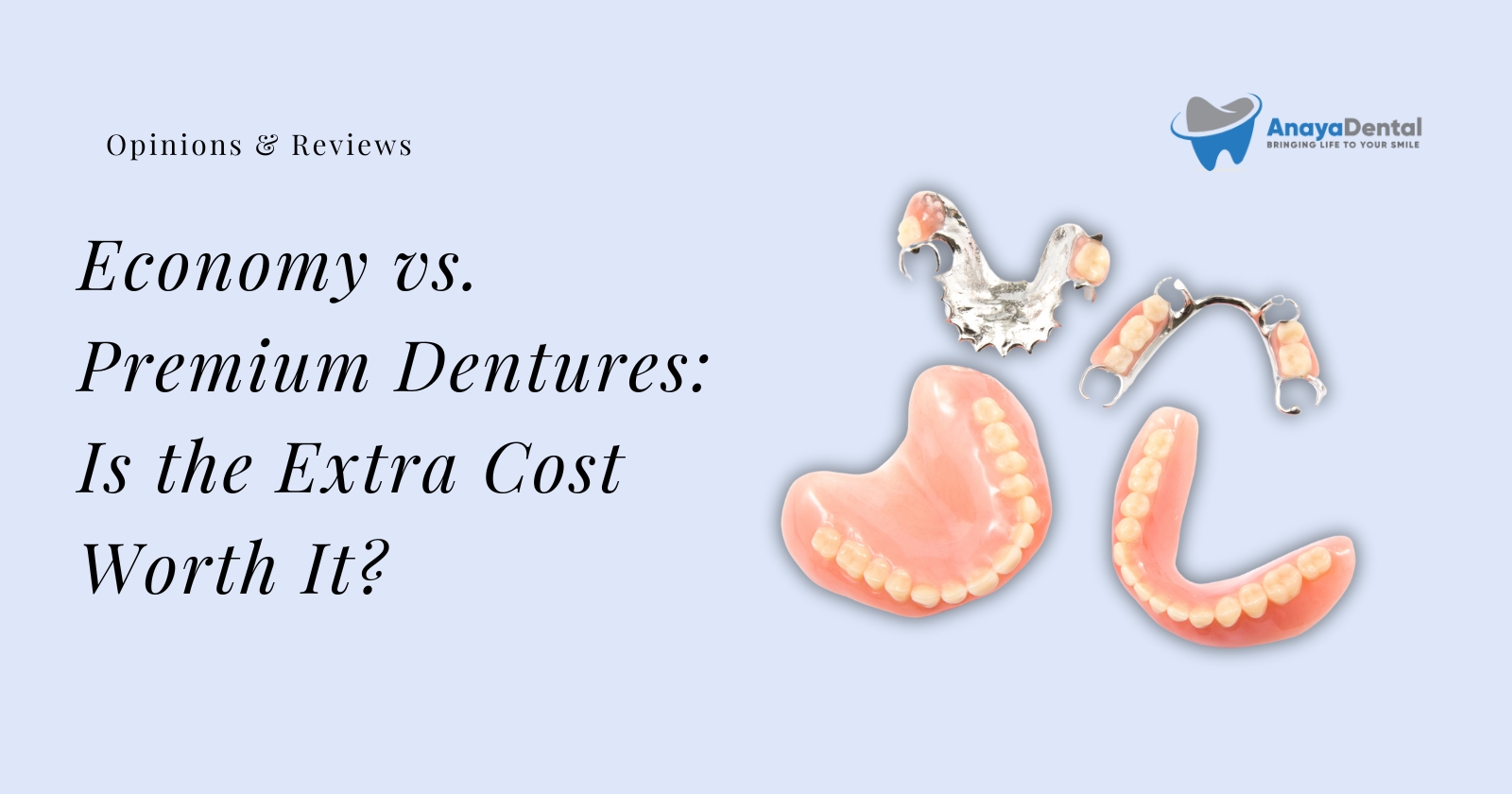Tooth extraction is a common dental procedure, often necessary due to wisdom tooth removal, decay, or orthodontic needs. Proper post-extraction care is crucial for avoiding complications like dry socket and ensuring a smooth recovery. One of the most important aspects of healing is consuming soft, nutritious foods that are gentle on the surgical site.
Why Soft Foods Matter after Tooth Removal
After a tooth extraction, the surgical site is sensitive and requires careful attention. The blood clot that forms over the wound is essential for healing, and consuming hard, crunchy, or overly hot foods can dislodge this clot, causing pain and delaying recovery. Soft foods help minimize irritation while providing essential nutrients for healing.
How to Choose the Best Soft Foods
When selecting soft foods, focus on items that are easy to chew, high in nutrients, and free from irritating ingredients. Foods should be:
Try Our Dental Calculators
- Nutrient-dense to support healing
- Non-acidic to avoid irritation
- Free from small particles that could get stuck in the extraction site
- Moist and smooth to prevent excessive chewing
50 Soft Foods for Recovery After Tooth Extraction
Dairy-Based Foods
1. Yogurt
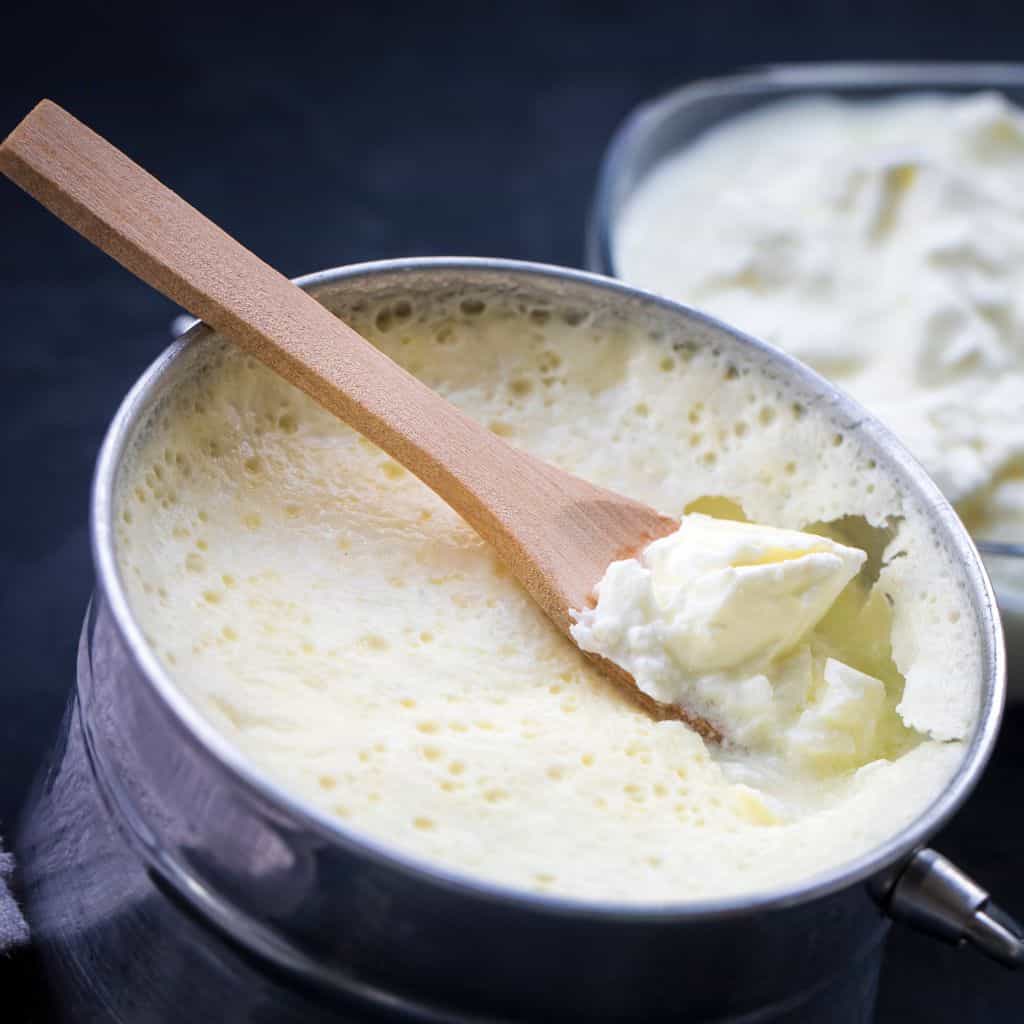
Rich in probiotics, yogurt helps maintain oral health while providing a cool, soothing texture that eases discomfort.
Calories per Serving: 100–150 kcal (per cup, plain)
Nutrients: Protein, Fats, Carbohydrates, Calcium, Sodium.
2. Cottage Cheese
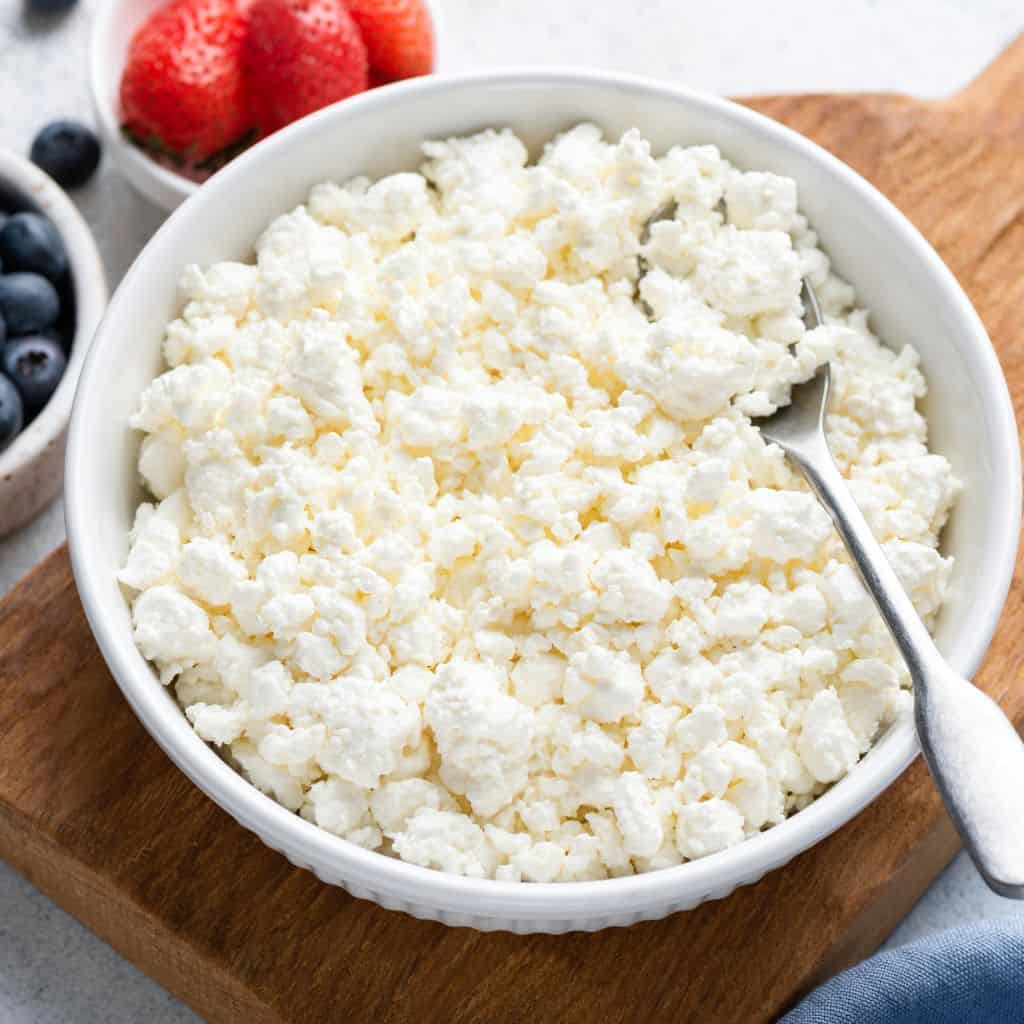
A good source of protein and calcium, its soft texture makes it easy to eat without irritation.
Calories per Serving: 90–110 kcal (per ½ cup)
Nutrients: Protein, Fats, Carbohydrates, Calcium, Sodium.
3. Soft Cheeses (Brie, Ricotta, Cream Cheese)
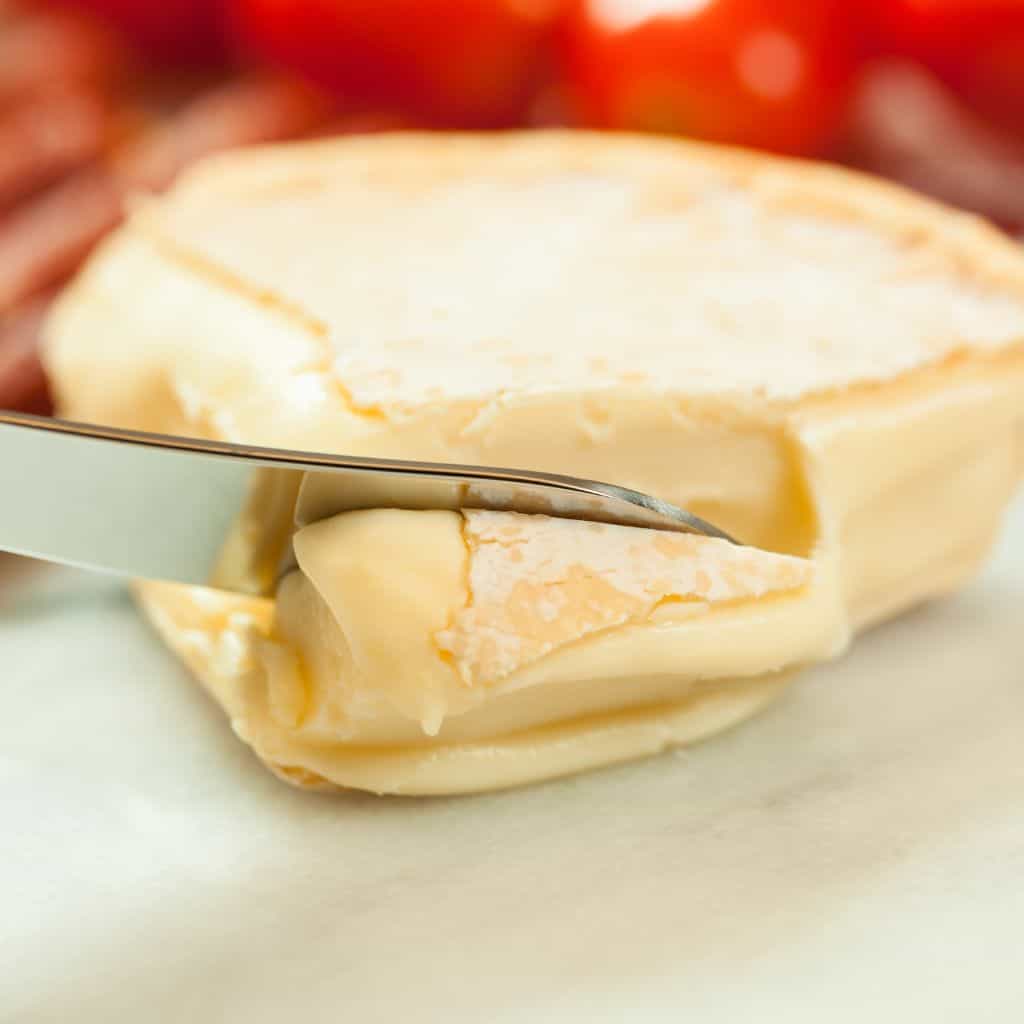
Mild and easy to consume, soft cheeses offer essential nutrients for recovery.
Calories per Serving: 50–120 kcal (per 1 oz)
Nutrients: Protein, Fats, Carbohydrates, Calcium, Sodium.
4. Milkshakes
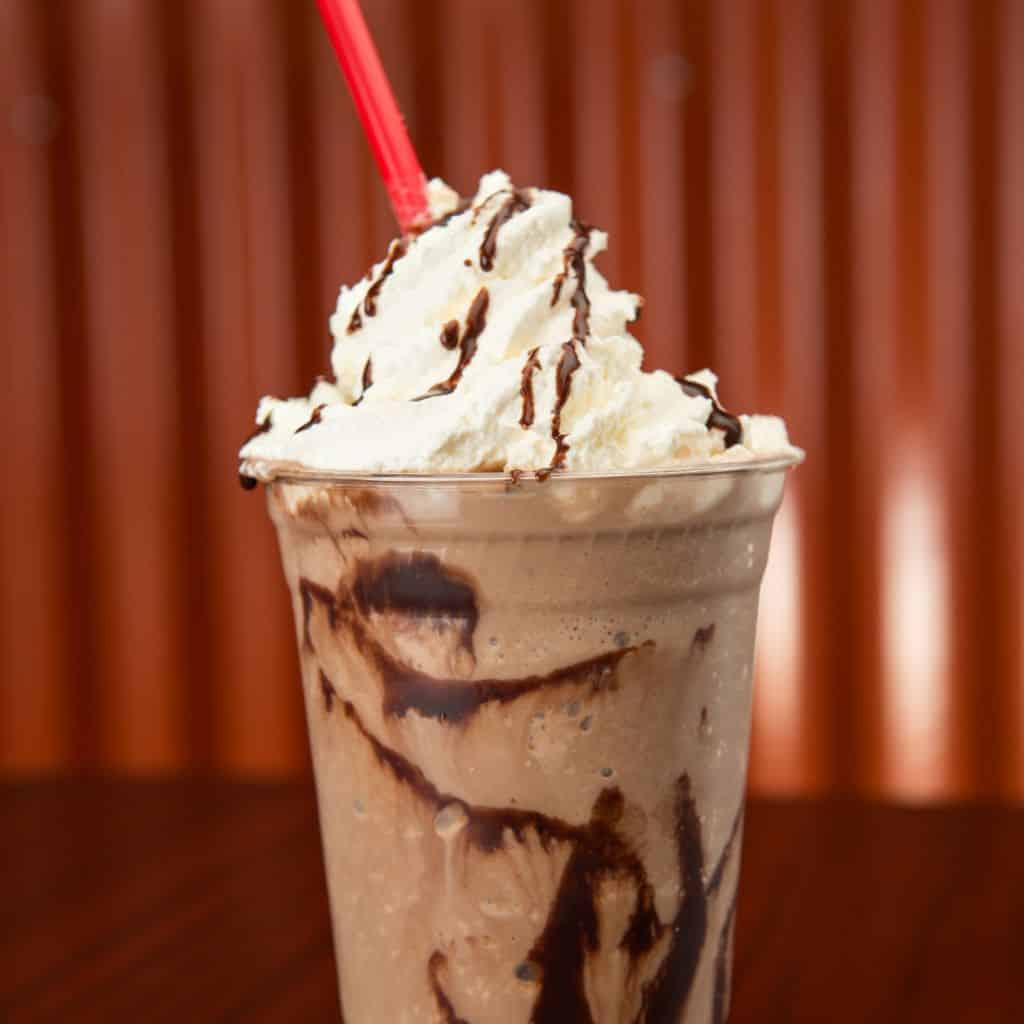
Provides calories and nutrients in a smooth form but should be consumed without a straw to avoid suction risks.
Calories per Serving: 200–400 kcal (per cup, varies by ingredients)
Nutrients: Carbohydrates, Protein, Fats, Calcium, Sodium.
5. Pudding

Soft, easy to swallow, and available in various flavors, making it a comforting option.
Calories per Serving: 120–160 kcal (per ½ cup)
Nutrients: Carbohydrates, Protein, Fats, Calcium, Sodium.
6. Custard

Similar to pudding but with a richer texture, ideal for those who need additional calories.
Calories per Serving: 140–180 kcal (per ½ cup)
Nutrients: Carbohydrates, Protein, Fats, Calcium, Sodium.
7. Ice Cream

A cool, soothing treat that helps reduce inflammation but should be free of hard mix-ins.
Calories per Serving: 150–250 kcal (per ½ cup)
Nutrients: Carbohydrates, Protein, Fats, Calcium, Sodium.
Protein-Rich Foods
8. Scrambled Eggs
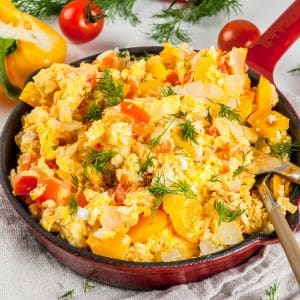
A high-protein choice that is soft, easy to chew, and customizable with mild seasonings.
Calories per Serving: 90–100 kcal (per large egg)
Nutrients: Protein, Fats, Sodium, Iron, Calcium.
9. Soft-Boiled Eggs
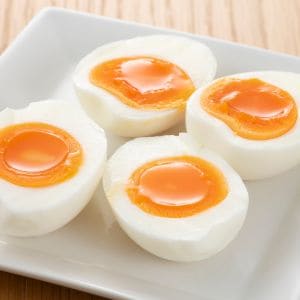
A gentle protein source with a runny yolk that adds moisture.
Calories per Serving: 70–80 kcal (per large egg)
Nutrients: Protein, Fats, Sodium, Iron, Calcium.
10. Mashed Tofu
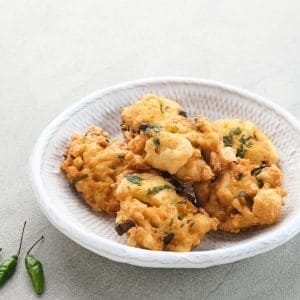
A plant-based protein option that is creamy and easily digestible.
Calories per Serving: 90–100 kcal (per ½ cup)
Nutrients: Protein, Fats, Carbohydrates, Fiber, Sodium, Iron, Calcium.
11. Soft Fish (Salmon, Tilapia, Cod)
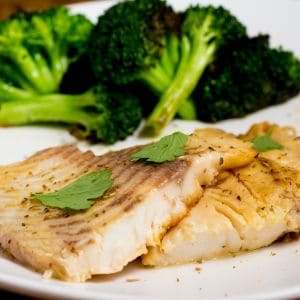
Flaky and mild, making it easy to consume without much chewing.
Calories per Serving: 120–180 kcal (per 3 oz)
Nutrients: Protein, Fats, Sodium, Iron, Calcium.
12. Ground Turkey or Beef
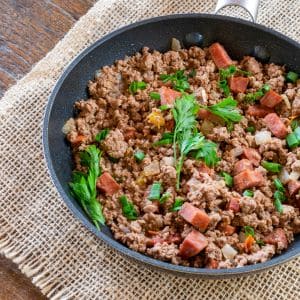
When cooked thoroughly and minced, it becomes an easy-to-chew protein source.
Calories per Serving: 150–200 kcal (per 3 oz)
Nutrients: Protein, Fats, Sodium, Iron, Calcium.
13. Shredded Chicken
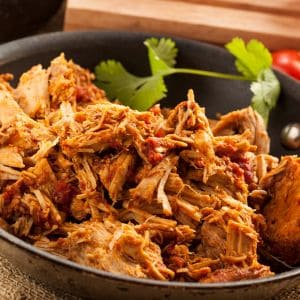
Moist and soft, making it a great way to add lean protein.
Calories per Serving: 120–140 kcal (per 3 oz)
Nutrients: Protein, Fats, Sodium, Iron, Calcium.
14. Lentil Puree
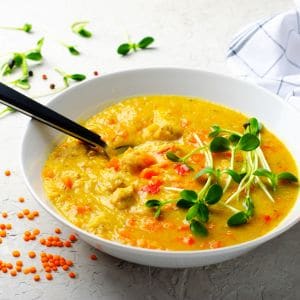
Packed with fiber and protein, it supports digestion and healing.
Calories per Serving: 100–120 kcal (per ½ cup)
Nutrients: Carbohydrates, Protein, Fats, Fiber, Sodium, Iron, Calcium.
15. Soft-Cooked Beans

Mashed or pureed, they provide iron and protein without being tough.
Calories per Serving: 110–130 kcal (per ½ cup)
Nutrients: Carbohydrates, Protein, Fats, Fiber, Sodium, Iron, Calcium.
Fruits and Vegetables
16. Mashed Bananas
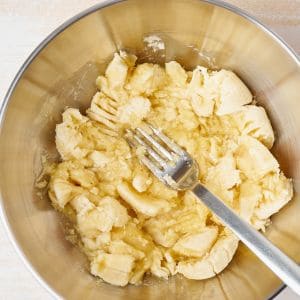
Naturally sweet and high in potassium, supporting muscle function and healing.
Calories per Serving: 100–110 kcal (per ½ cup)
Nutrients: Carbohydrates, Fiber, Sodium, Iron, Calcium.
17. Applesauce
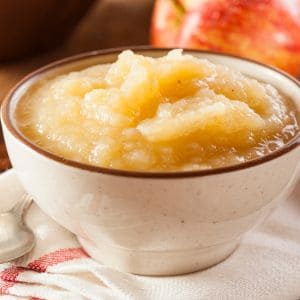
Easy to digest and vitamin-rich, making it a great fruit alternative.
Calories per Serving: 50–70 kcal (per ½ cup)
Nutrients: Carbohydrates, Fiber, Sodium, Iron, Calcium.
18. Avocado (Mashed or Pureed)
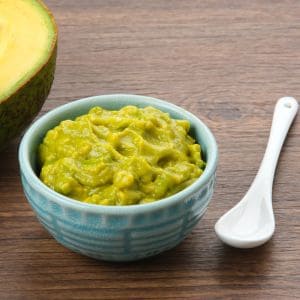
Contains healthy fats that promote healing and reduce inflammation.
Calories per Serving: 120–150 kcal (per ½ cup)
Nutrients: Carbohydrates, Protein, Fats, Fiber, Sodium, Iron, Calcium.
19. Steamed and Mashed Carrots
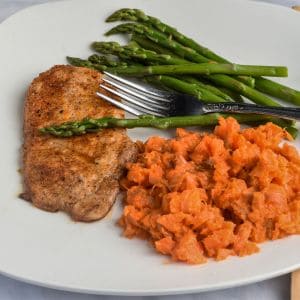
Soft, vitamin-rich, and gentle on the mouth.
Calories per Serving: 50–70 kcal (per ½ cup)
Nutrients: Carbohydrates, Protein, Fiber, Sodium, Iron, Calcium.
20. Pureed Pumpkin
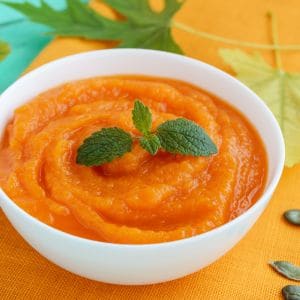
High in fiber and antioxidants, easy to blend into meals.
Calories per Serving: 40–50 kcal (per ½ cup)
Nutrients: Carbohydrates, Protein, Fiber, Sodium, Iron, Calcium.
21. Smooth Fruit Smoothies
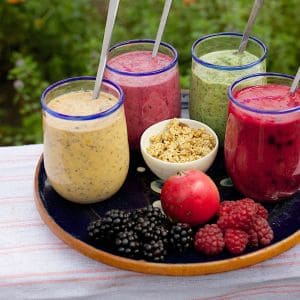
Nutrient-dense, hydrating, and customizable, but avoid seeds.
Calories per Serving: 150–250 kcal (per cup, varies by ingredients)
Nutrients: Carbohydrates, Protein, Fats, Fiber, Sodium, Iron, Calcium.
22. Cooked and Mashed Sweet Potatoes
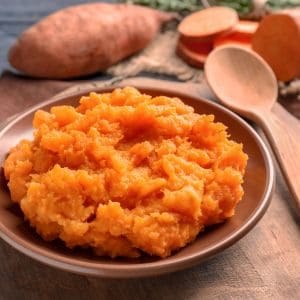
High in vitamins A and C, supporting tissue repair.
Calories per Serving: 110–130 kcal (per ½ cup)
Nutrients: Carbohydrates, Protein, Fats, Fiber, Sodium, Iron, Calcium.
23. Butternut Squash Soup
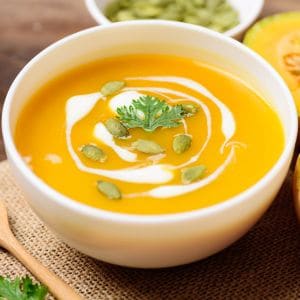
A smooth, nutrient-rich option for warmth and nourishment.
Calories per Serving: 100–150 kcal (per cup)
Nutrients: Carbohydrates, Protein, Fats, Fiber, Sodium, Iron, Calcium.
24. Soft Steamed Spinach
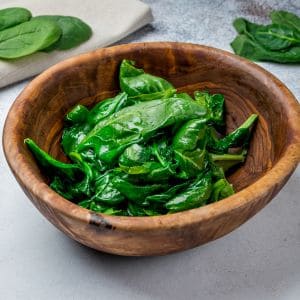
Cooked thoroughly to ensure it is gentle on the mouth.
Calories per Serving: 40–50 kcal (per ½ cup, cooked)
Nutrients: Carbohydrates, Protein, Fiber, Sodium, Iron, Calcium.
25. Ripe Peaches (Peeled and Mashed)
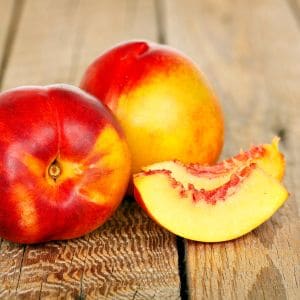
Naturally soft, hydrating, and vitamin-rich.
Calories per Serving: 60–80 kcal (per ½ cup)
Nutrients: Carbohydrates, Fiber, Sodium, Iron, Calcium.
26. Pear Puree
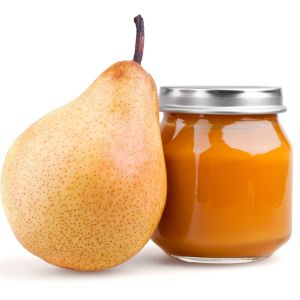
Gentle on the gums and full of fiber to aid digestion.
Calories per Serving: 70–90 kcal (per ½ cup)
Nutrients: Carbohydrates, Fiber, Sodium, Iron, Calcium.
Grains and Carbohydrates
27. Oatmeal (Well-Cooked and Softened)

A fiber-rich option that promotes fullness without chewing difficulty.
Calories per Serving: 150–180 kcal (per cup, cooked)
Nutrients: Carbohydrates, Protein, Fats, Fiber, Sodium, Iron, Calcium.
28. Cream of Wheat
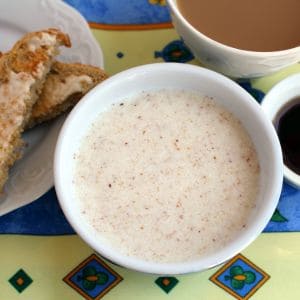
A warm, smooth, and nutritious alternative to oatmeal.
Calories per Serving: 110–130 kcal (per cup, cooked)
Nutrients: Carbohydrates, Protein, Fats, Fiber, Sodium, Iron, Calcium.
29. White Rice (Overcooked for Softness)
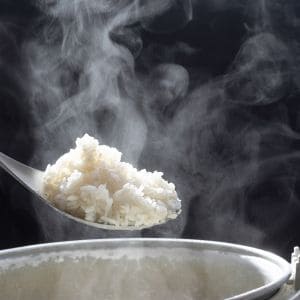
Provides carbohydrates for energy without irritation.
Calories per Serving: 200–220 kcal (per cup)
Nutrients: Carbohydrates, Protein, Fats, Fiber, Sodium, Iron, Calcium.
30. Mashed Potatoes
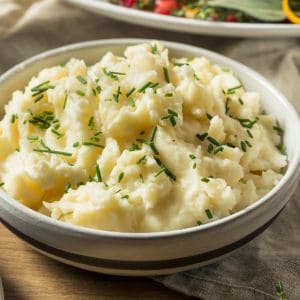
A classic soft food that is easy to enhance with butter or gravy.
Calories per Serving: 120–150 kcal (per ½ cup)
Nutrients: Carbohydrates, Protein, Fats, Fiber, Sodium, Iron, Calcium.
31. Soft Pasta (Well-Cooked and Plain)
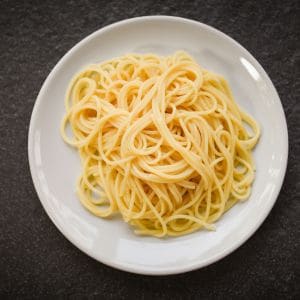
Provides energy in an easily digestible form.
Calories per Serving: 180–220 kcal (per cup)
Nutrients: Carbohydrates, Protein, Fats, Fiber, Sodium, Iron, Calcium.
32. Soft Bread (Without Crust)
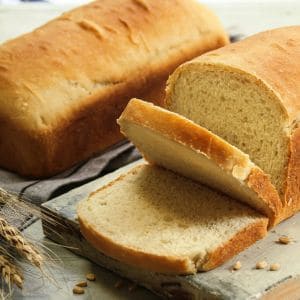
Mild and non-irritating when eaten in small bites.
Calories per Serving: 70–100 kcal (per slice)
Nutrients: Carbohydrates, Protein, Fats, Fiber, Sodium, Iron, Calcium.
33. Pancakes (Fluffy and Plain)
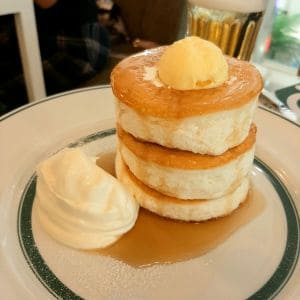
A gentle carbohydrate source that can be softened with syrup.
Calories per Serving: 90–120 kcal (per medium pancake, about 4 inches)
Nutrients: Carbohydrates, Protein, Fats, Fiber, Sodium, Iron, Calcium.
34. Soft Tortillas
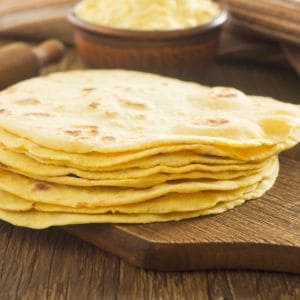
Can be used for mild, soft fillings like mashed beans or eggs.
Calories per Serving: 90–150 kcal (per tortilla, 6-inch)
Nutrients: Carbohydrates, Protein, Fats, Fiber, Sodium, Iron, Calcium.
Liquids and Soups
35. Chicken Broth
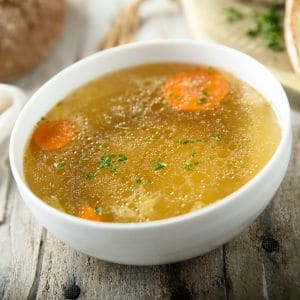
Hydrating and packed with minerals essential for recovery.
Calories per Serving: 15–40 kcal (per cup)
Nutrients: Protein, Fats, Sodium, Iron, Calcium.
36. Vegetable Broth
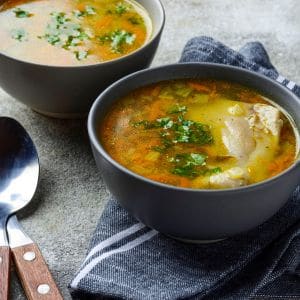
A light and nourishing liquid meal that is easy to digest.
Calories per Serving: 10–20 kcal (per cup)
Nutrients: Carbohydrates, Sodium, Iron, Calcium.
37. Creamy Tomato Soup
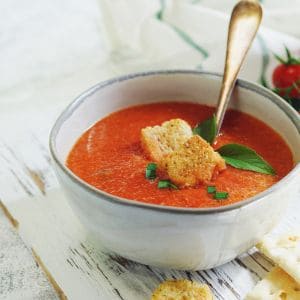
A warm, vitamin-rich option that soothes the mouth.
Calories per Serving: 150–200 kcal (per cup)
Nutrients: Carbohydrates, Protein, Fats, Fiber, Sodium, Iron, Calcium.
38. Pureed Vegetable Soups
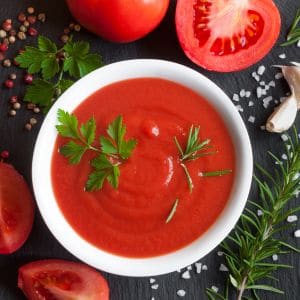
Provides essential nutrients in a soft, digestible form.
Calories per Serving: 100–150 kcal (per cup)
Nutrients: Carbohydrates, Protein, Fats, Fiber, Sodium, Iron, Calcium.
39. Miso Soup (Without Solid Ingredients)
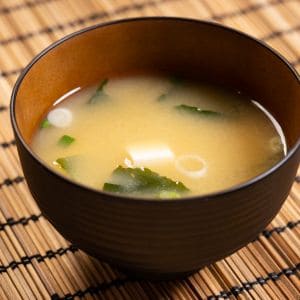
Light and rich in probiotics for immune support.
Calories per Serving: 30–50 kcal (per cup)
Nutrients: Carbohydrates, Protein, Sodium, Iron, Calcium.
40. Blended Chicken Noodle Soup
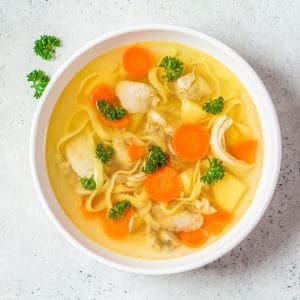
Comforting, warm, and easy to consume.
Calories per Serving: 150–180 kcal (per cup)
Nutrients: Carbohydrates, Protein, Fats, Fiber, Sodium, Iron, Calcium.
41. Potato Leek Soup
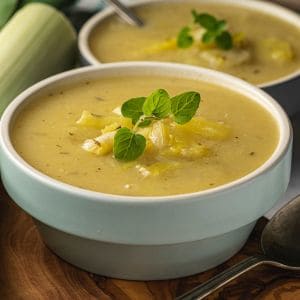
Smooth and nourishing for gentle healing.
Calories per Serving: 150–200 kcal (per cup)
Nutrients: Carbohydrates, Protein, Fats, Fiber, Sodium, Iron, Calcium.
Other Recommended Soft Foods
42. Hummus (Smooth Consistency)
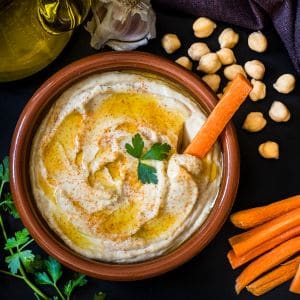
Protein-rich and easy to consume without chewing.
Calories per Serving: 70–100 kcal (per 2 tbsp)
Nutrients: Carbohydrates, Protein, Fats, Fiber, Sodium, Iron, Calcium.
43. Mashed Black Beans
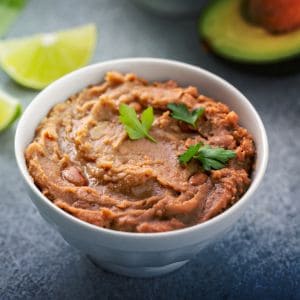
Provides fiber and iron while being easy to eat.
Calories per Serving: 110–130 kcal (per ½ cup)
Nutrients: Carbohydrates, Protein, Fats, Fiber, Sodium, Iron, Calcium.
44. Smooth Nut Butters (Peanut, Almond, Cashew)
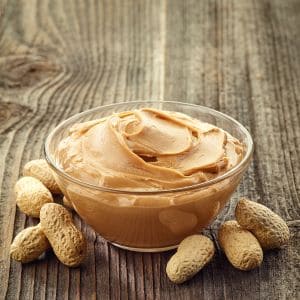
A good source of healthy fats but should be thin and not sticky.
Calories per Serving: 90–100 kcal (per 1 tbsp)
Nutrients: Carbohydrates, Protein, Fats, Fiber, Sodium, Iron, Calcium.
45. Jell-O
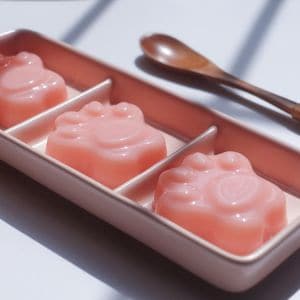
A refreshing, easy-to-eat dessert that requires no chewing.
Calories per Serving: 70–90 kcal
Nutrients: Carbohydrates, Protein, Sodium.
46. Soft Crackers Soaked in Soup
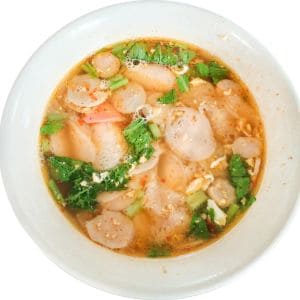
Absorbs liquid, making it easier to eat.
Calories per Serving: 150–200 kcal
Nutrients: Carbohydrates, Protein, Fats, Fiber, Sodium, Iron, Calcium.
47. Soft Polenta

A creamy and versatile grain-based dish.
Calories per Serving: 80–120 kcal
Nutrients: Carbohydrates, Protein, Fats, Fiber, Sodium, Iron, Calcium.
48. Gelatin-Based Desserts

Light and easy to swallow without irritation.
Calories per Serving: 70–100 kcal
Nutrients: Carbohydrates, Protein, Sodium.
49. Soft Dumplings
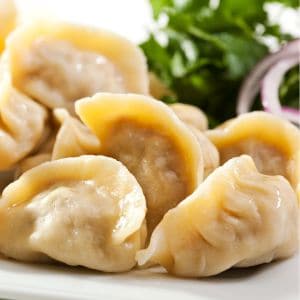
Moist, soft, and easy to chew when made properly.
Calories per Serving: 200–250 kcal
Nutrients: Carbohydrates, Protein, Fats, Fiber, Sodium, Iron, Calcium.
50. Soft Cooked Noodles
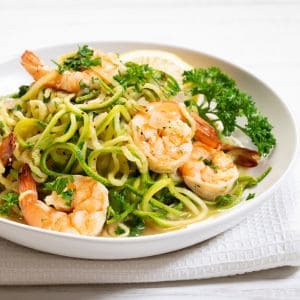
Provides carbohydrates while being easy on the teeth.
Calories per Serving: 190–220 kcal (varies slightly based on the type of noodles, e.g., wheat, rice, or egg noodles).
Nutrients: Carbohydrates, Protein, Fats, Fiber, Sodium, Iron, Calcium.
Nutritional Breakdown of Recommended Foods
| Food Item | Calories (Per Serving) | Key Nutrients |
|---|---|---|
| Greek Yogurt | 150 | Protein, Calcium |
| Scrambled Eggs | 140 | Protein, Vitamin B12 |
| Mashed Bananas | 110 | Potassium, Fiber |
| Mashed Sweet Potatoes | 180 | Vitamin A, Fiber |
| Creamy Tomato Soup | 120 | Vitamin C, Lycopene |
Final Thoughts
The right food choices after tooth extraction play a crucial role in recovery. By opting for soft, nourishing meals and following proper post-extraction care, healing can be swift and comfortable. If pain persists beyond a few days or signs of infection develop, seeking dental advice is essential.
FAQ
Q: Why is it important to eat soft foods after tooth extraction?
A: After a tooth extraction, your mouth may be sensitive and swollen. Eating soft foods helps minimize discomfort and allows the extraction site to heal properly without additional irritation. Soft foods are easier to chew and swallow, reducing the risk of disturbing the extraction site and promoting a smoother recovery process.
Q: What types of soft foods are recommended after tooth extraction?
A: Recommended soft foods include mashed potatoes, yogurt, smoothies, applesauce, and scrambled eggs. These foods are gentle on the teeth and gums while still providing vital nutrients. It’s advised to avoid hard, crunchy, or sticky foods that could cause pain or get lodged in the extraction site.
Q: How long should I stick to a soft food diet after tooth extraction?
A: The duration of a soft food diet typically lasts a few days to a week, depending on individual healing and comfort levels. Most people can transition back to a normal diet once they feel ready and their dentist confirms that healing is progressing well. Always follow your dentist’s specific recommendations regarding dietary choices post-extraction.
